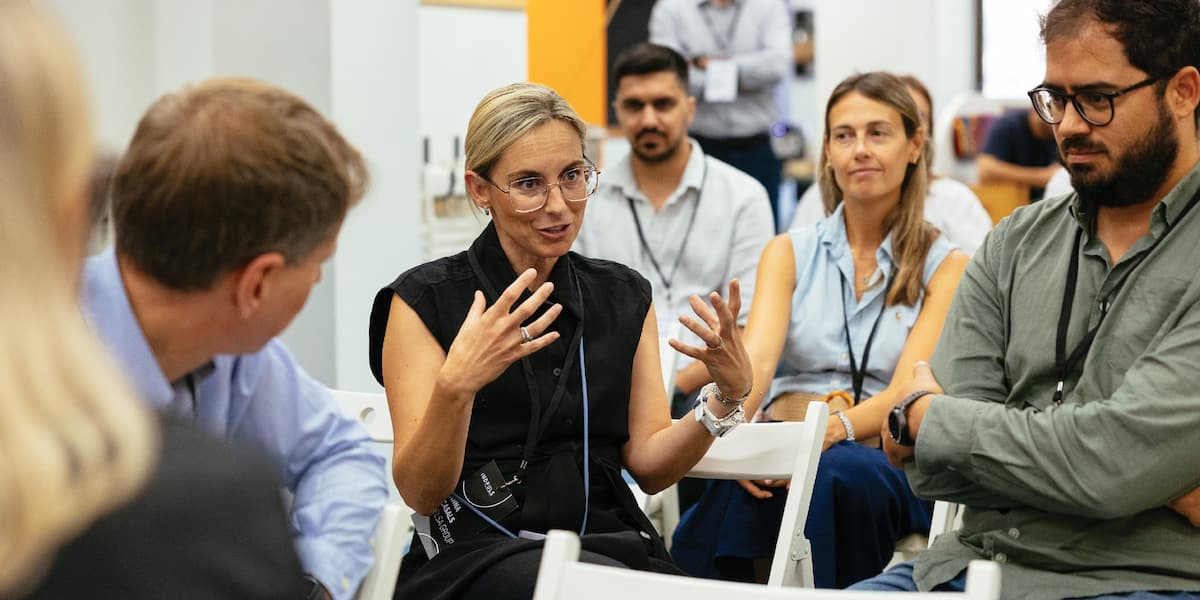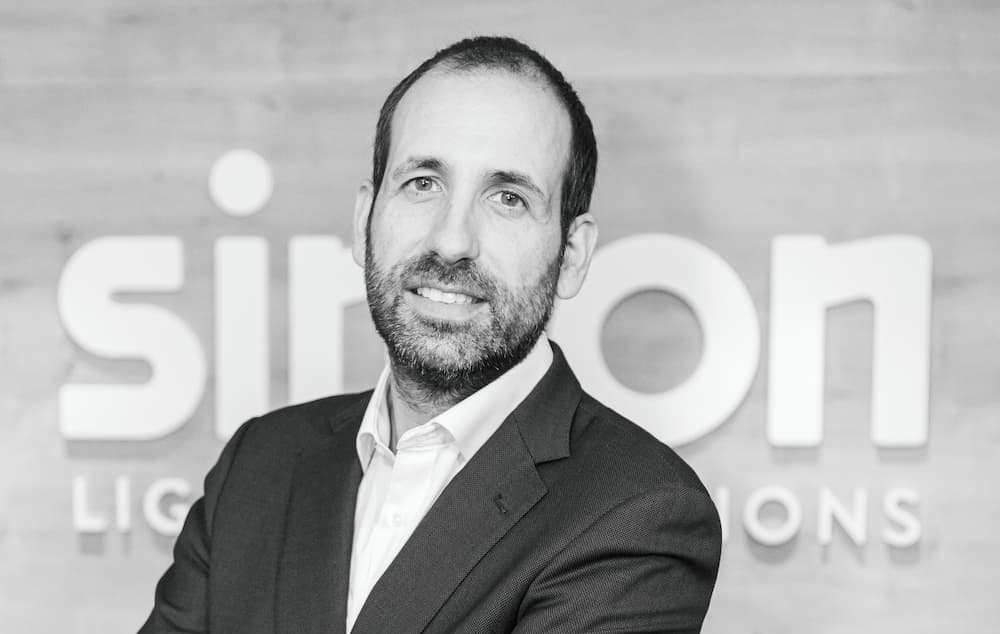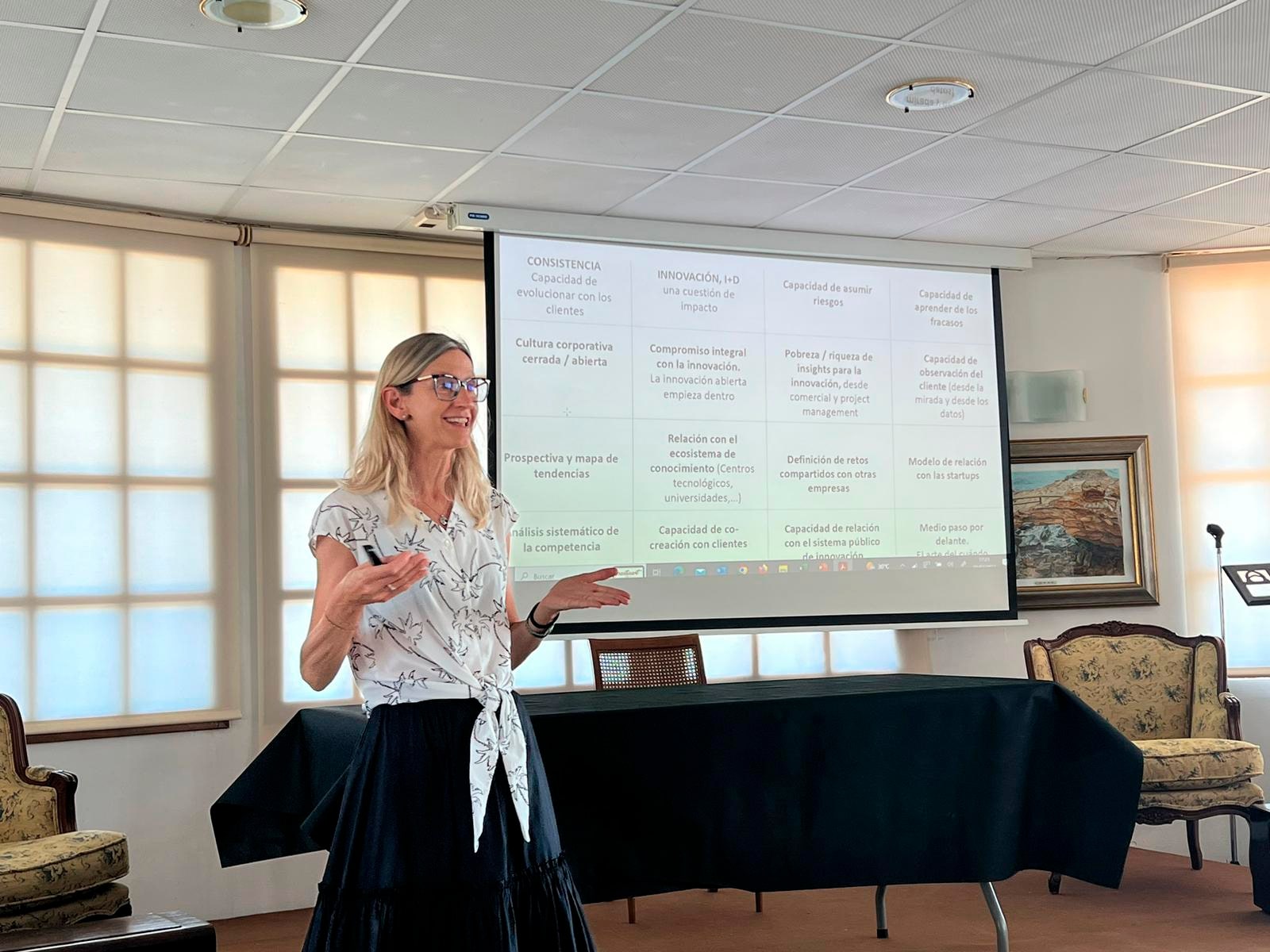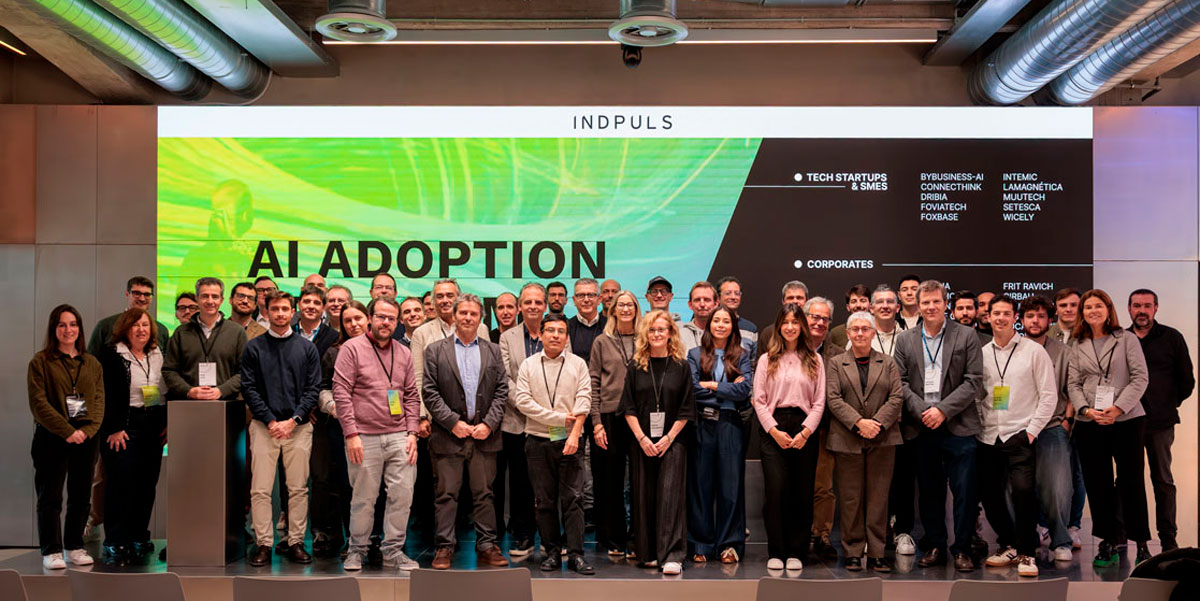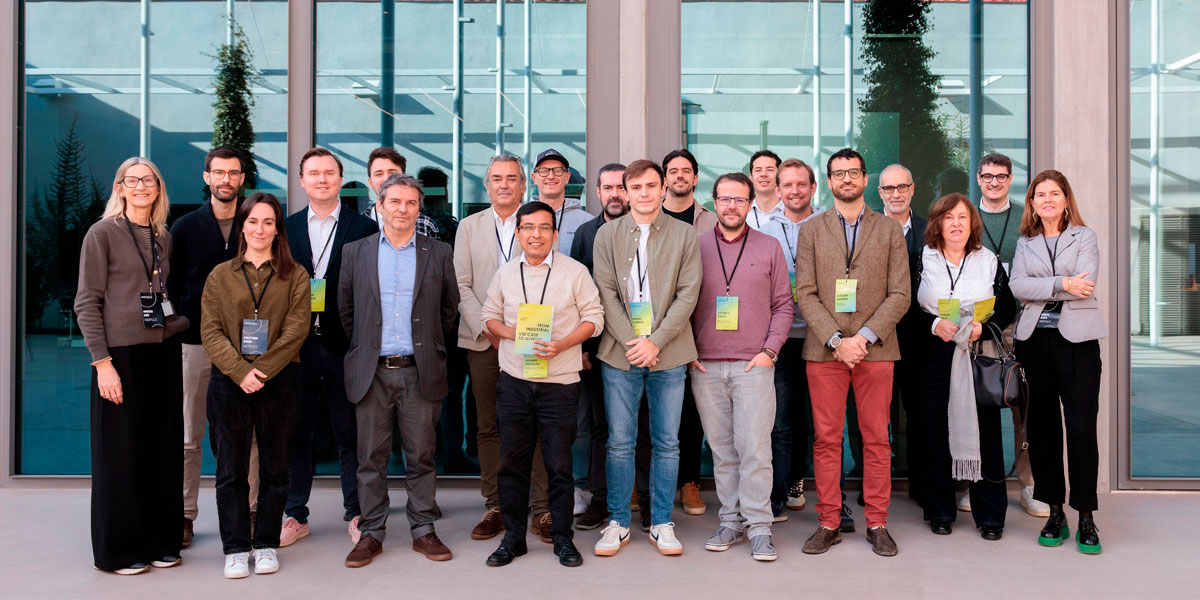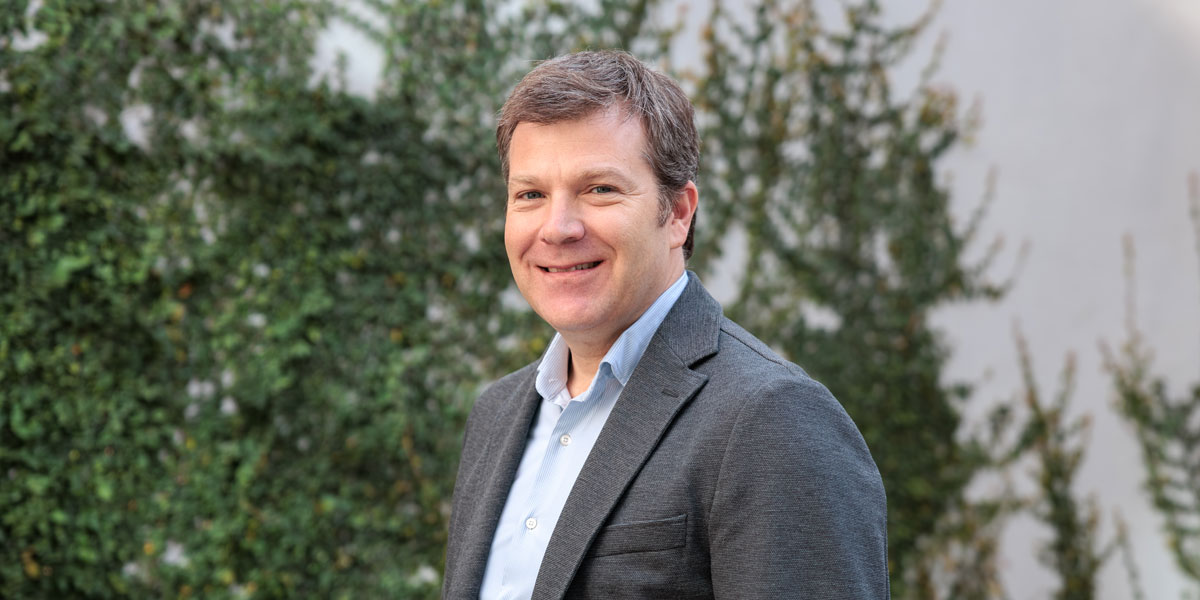More than 100 years of industry
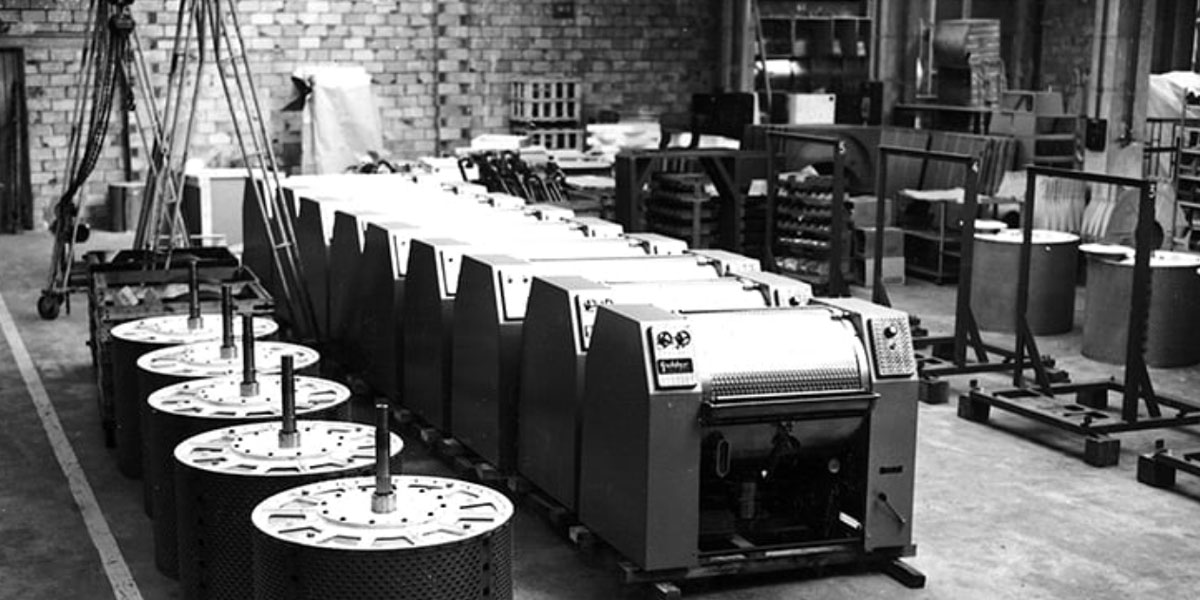
For an industrial company, reaching 100 years of history is not just a symbolic milestone—it is the reflection of a solid business model, capable of withstanding economic crises, technological transformations, social paradigm shifts, and accelerated globalization processes. In the context of Catalan industry, with deep roots going back to the 19th century, staying active and relevant for over a century is a challenge that very few organizations have managed to overcome.
The Catalan industrial fabric experienced its first major expansion in the mid-19th century with the development of the textile, metallurgical, and energy industries. This initial momentum laid the foundation for a diversified and knowledge-oriented industrial ecosystem that has been able to evolve and adapt over the decades. But only those companies that have managed to transform themselves without losing their essence have succeeded in overcoming the barriers of time.
Xavier Marcet, founder of Lead to Change and current president of Sarah Marlex, has recently highlighted the situation of the manufacturing industry in Catalonia in the European and global context.
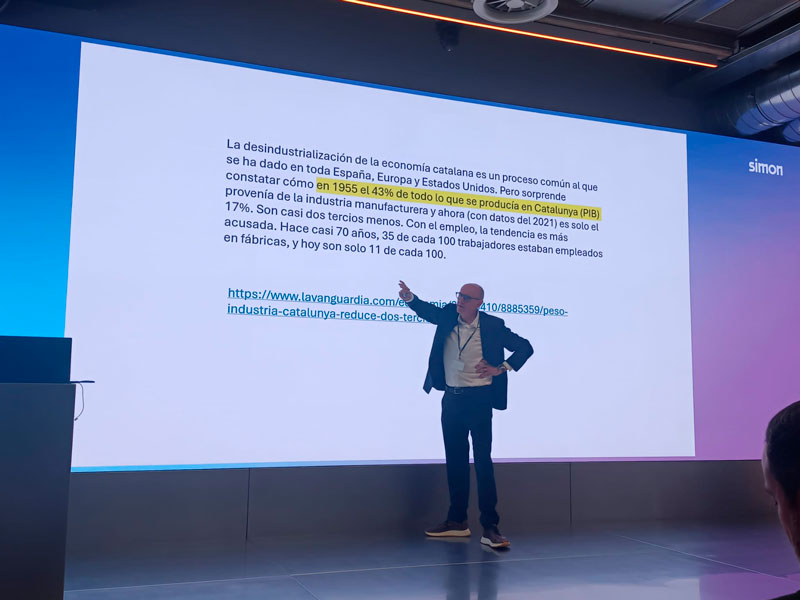
Deindustrialization is a process that affects Catalonia, Spain, Europe, and the United States in a transversal way. However, it is striking to note that in 1955, 43% of Catalonia’s GDP came from manufacturing, whereas today it represents only 17%, ten points below the German average. In terms of employment, the decline is even more pronounced: nearly 70 years ago, 35 out of every 100 workers were employed in factories; today, only 11 are.
In this changing scenario, relationships and collaborations between companies and organizations will become increasingly crucial to strengthen the resilience and innovation capacity of the industrial sector.
Adaptation and resilience within the INDPULS ecosystem
Despite this context, there are successful examples that demonstrate that another way of doing industry is possible. Within the INDPULS ecosystem, we find five companies that have celebrated over 100 years of life and trajectory. From a family business founded in the mid-19th century that has become a global benchmark in industrial fastening solutions thanks to an evolution based on human leadership and constant innovation; to a winery whose strength lies in close collaboration with hundreds of local grape growers. We also find a company that, in the midst of the industrial boom of the early 20th century, began manufacturing electrical materials and has become a benchmark in design and technology for urban and domestic environments. Or a company that was born in the field of heating and now leads innovation in bathroom space solutions, and another that, from the world of industrial laundry, has maintained its international, sustainable, and technologically leading vocation. We are talking about ARaymond (160 years, founded in 1865), Vallformosa (160 years, founded in 1865), Simon (109 years, founded in 1916), Roca Group (108 years, founded in 1917), and Girbau (105 years, founded in 1920).
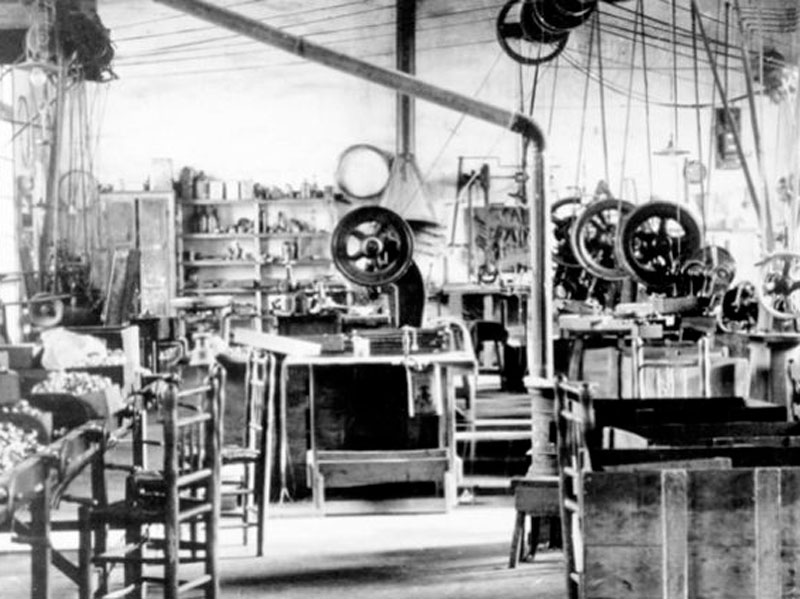
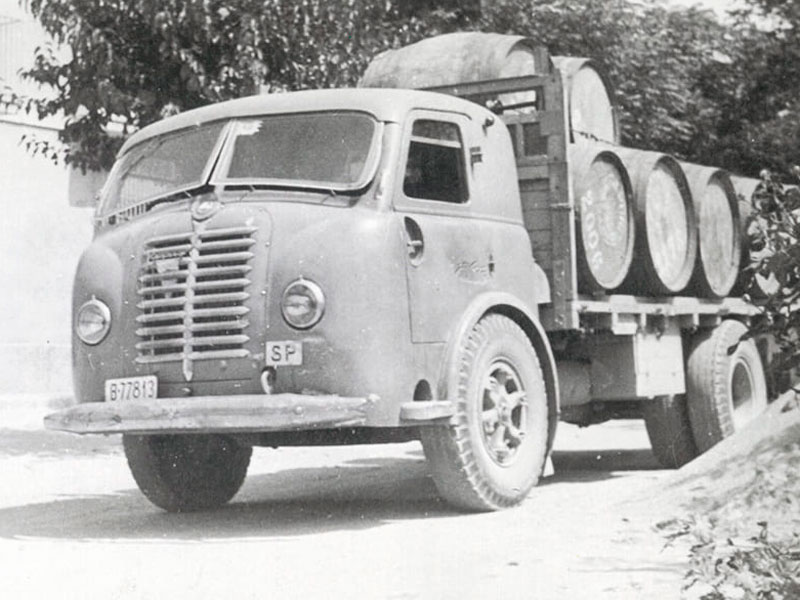
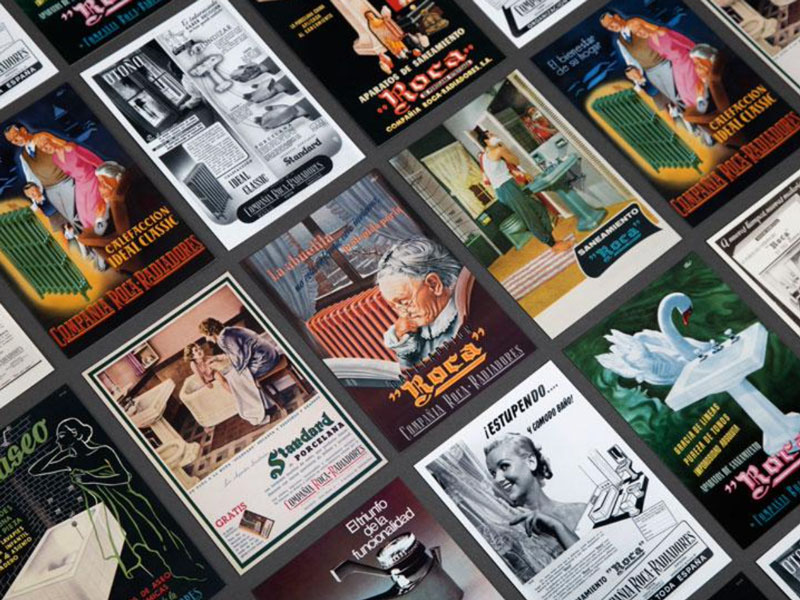
5 keys to understanding industrial longevity
1. People as a strategic asset
With 160 years of history, ARaymond has consolidated a management model where people are seen as an essential factor for industrial competitiveness. The organization considers that team involvement, motivation, and development are decisive factors in activating innovation, continuous improvement, and operational efficiency processes. This approach translates into structured policies for professional empowerment, workplace safety, and skills development. Moreover, the commitment to corporate responsibility is materialized in a management approach based on quality, ethics, sustainability, and respect, serving as the transversal foundation of its business system.
2. Collaboration as a structural axis of the production model
Over its 160 years, Vallformosa has developed a production model deeply rooted in collaboration. Far from a vertical approach, the company applies distributed management based on strategic alliances with over 400 grape-growing families. This shared ecosystem promotes knowledge transfer, joint responsibility for quality, and participative governance of the wine-growing territory. The model not only ensures traceability and stability in production but also preserves native grape varieties and the distinct added value of areas like the +500 zone of Penedès, which is key to the organoleptic excellence of its wines.
3. Sustainability as an integrative principle of the business model
With more than 100 years of history, Girbau has evolved from a family business into a global industrial group, maintaining strategic coherence centered on sustainability as a vector of competitiveness. This vision is not limited to environmental criteria—it also integrates social and economic dimensions transversally across all its processes. The company develops industrial laundry solutions with high energy efficiency, reduced environmental impact, and a clear focus on the circular economy. With production plants in Spain, France, and China, and commercial presence in over 100 countries, Girbau exemplifies a model of operational sustainability that combines global scale with local commitment and proximity to the customer.
4. Innovation as a driver of transformation
Since its beginnings in 1917, Roca Group has made innovation a strategic pillar for evolving within the bathroom equipment industrial sector. This commitment has taken on a new dimension with the creation of Roca Group Ventures, an open innovation and venture capital platform focused on collaboration with technology startups. This initiative allows the integration of disruptive solutions in areas such as water efficiency, sustainability, and process digitalization, providing adaptability and competitive advantage in highly dynamic industrial environments. With a robust production structure and an open vision of innovation, Roca reinforces its global leadership by anticipating new market and societal demands.
5. Internationalization with local specialization
With a 109-year track record, Simon has articulated an intelligent internationalization model based on combining global scale with local specialization. The company integrates its own production centers in different regions, allowing it to control the entire product cycle and adapt to the technical and regulatory requirements of each market. This adaptability is complemented by a firm commitment to industrial-based technological innovation—developing its own machinery and advanced engineering solutions—which consolidates Simon as a leading player in electrification, lighting, and control systems for urban and architectural environments.
These five keys not only explain the success of these century-old companies, but they also reflect a more human, collaborative, innovative, and sustainable way of being and working. At INDPULS, these lessons are our starting point to build the future of Catalan industry. And we do so alongside a business ecosystem with a long-standing track record that combines experience and future vision, made up of companies like Alsina Formwork (75 years, founded in 1950), Avinent Group (67 years, founded in 1958), Grupo Carinsa (32 years, founded in 1993), Calaf Grup (61 years, founded in 1964), Celsa Group (58 years, founded in 1967), Comexi Group (71 years, founded in 1954), Concentrol (57 years, founded in 1968), Fluidra (56 years, founded in 1969), Font Packaging Group (71 years, founded in 1954), Frit Ravich (62 years, founded in 1963), Pastisart (35 years, founded in 1990), Idilia Foods (85 years, founded in 1940), and Soler & Palau Ventilation Group (74 years, founded in 1951).
All of them, with diverse business models but a shared vision: to promote a competitive Catalan industry, rooted in the territory and capable of transforming and leading the major global challenges.
